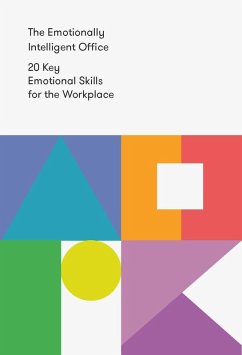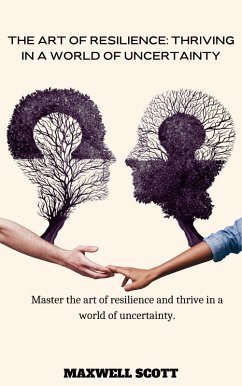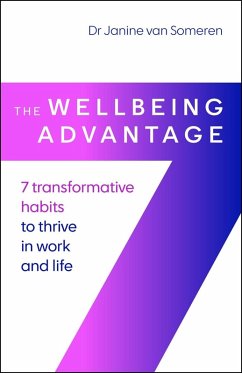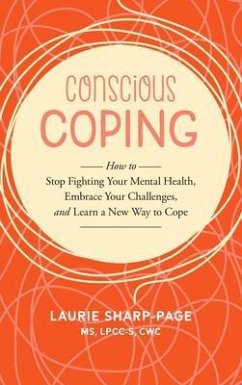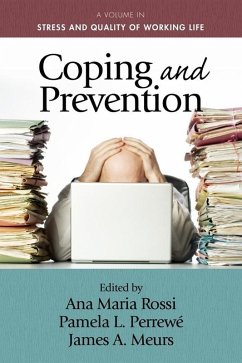
Coping and Prevention (eBook, ePUB)

PAYBACK Punkte
19 °P sammeln!
Continuous activity and high job demands surround corporate environments. These demands are considered to be key triggers for workers' stress-related symptoms and poor health. It has been estimated by the American Institute of Stress (AIS) that US$ 300 billion/year are spent on conditions related to excessive stress levels. Of course, occupational stressors are an unavoidable part of working life. Experienced stress has helped us to survive for thousands of years and keeps us vigilant under critical situations. Of course, too much experienced stress can lead to serious psychological and physic...
Continuous activity and high job demands surround corporate environments. These demands are considered to be key triggers for workers' stress-related symptoms and poor health. It has been estimated by the American Institute of Stress (AIS) that US$ 300 billion/year are spent on conditions related to excessive stress levels. Of course, occupational stressors are an unavoidable part of working life. Experienced stress has helped us to survive for thousands of years and keeps us vigilant under critical situations. Of course, too much experienced stress can lead to serious psychological and physical health problems. This book is devoted to examining important issues related to coping with and preventing elevated occupational stress. This book also examines individual differences and organizational cultures that might exacerbate or mitigate experienced stress. If we consider all choices available, it is better to prevent than to treat. Prevention can be primary, when we prevent the stress-generating situation from occurring; secondary, when we provide alternatives to minimize the damage caused by the problem and tertiary, which involves containing losses that have occurred to prevent them from becoming more serious. This book on stress prevention and coping with stress is intended to assist occupational health professionals and academics to improve their abilities to help employees managing stress, but it also can be helpful for individual workers as they learn to better handle stressors at work. The research findings and views presented by these well-respected leaders in stress research provide tools for those currently experiencing workplace stress and supplies information concerning how stress can be prevented before it occurs.
Dieser Download kann aus rechtlichen Gründen nur mit Rechnungsadresse in A, D ausgeliefert werden.







